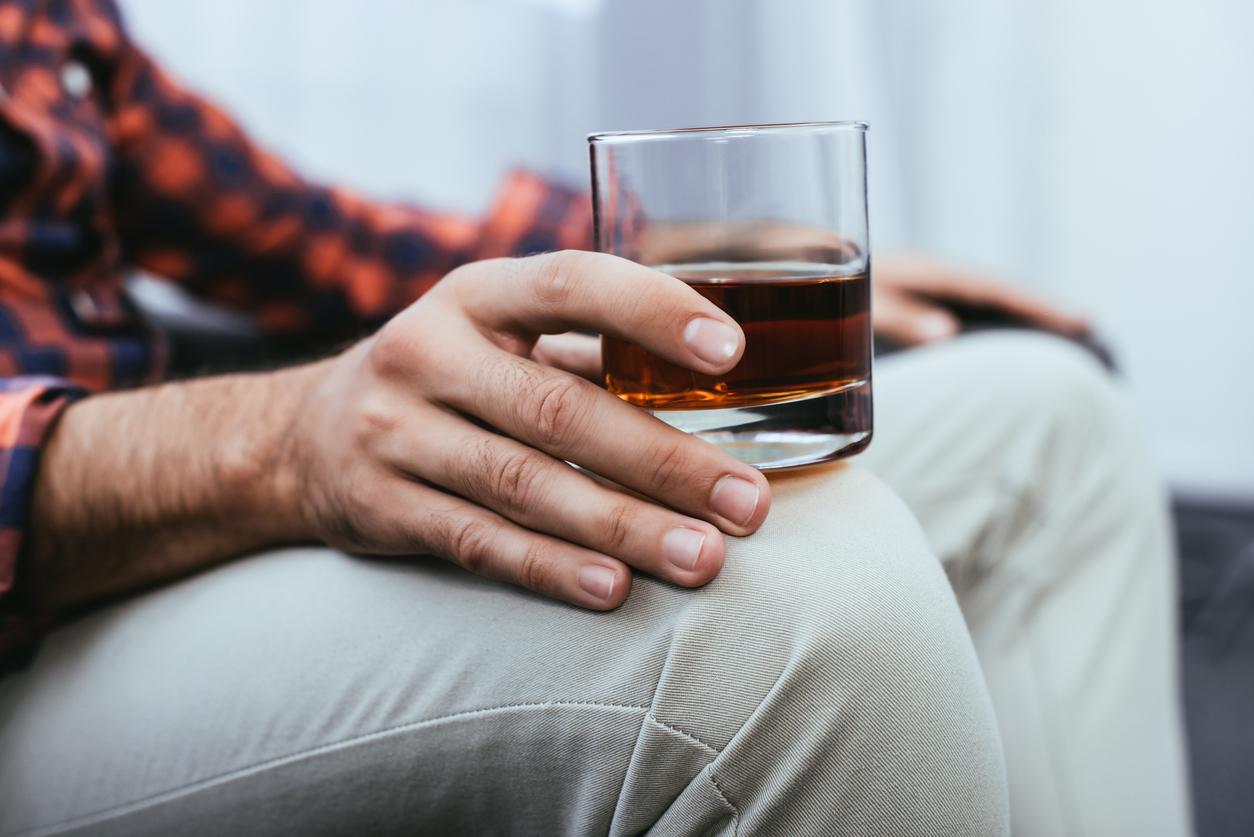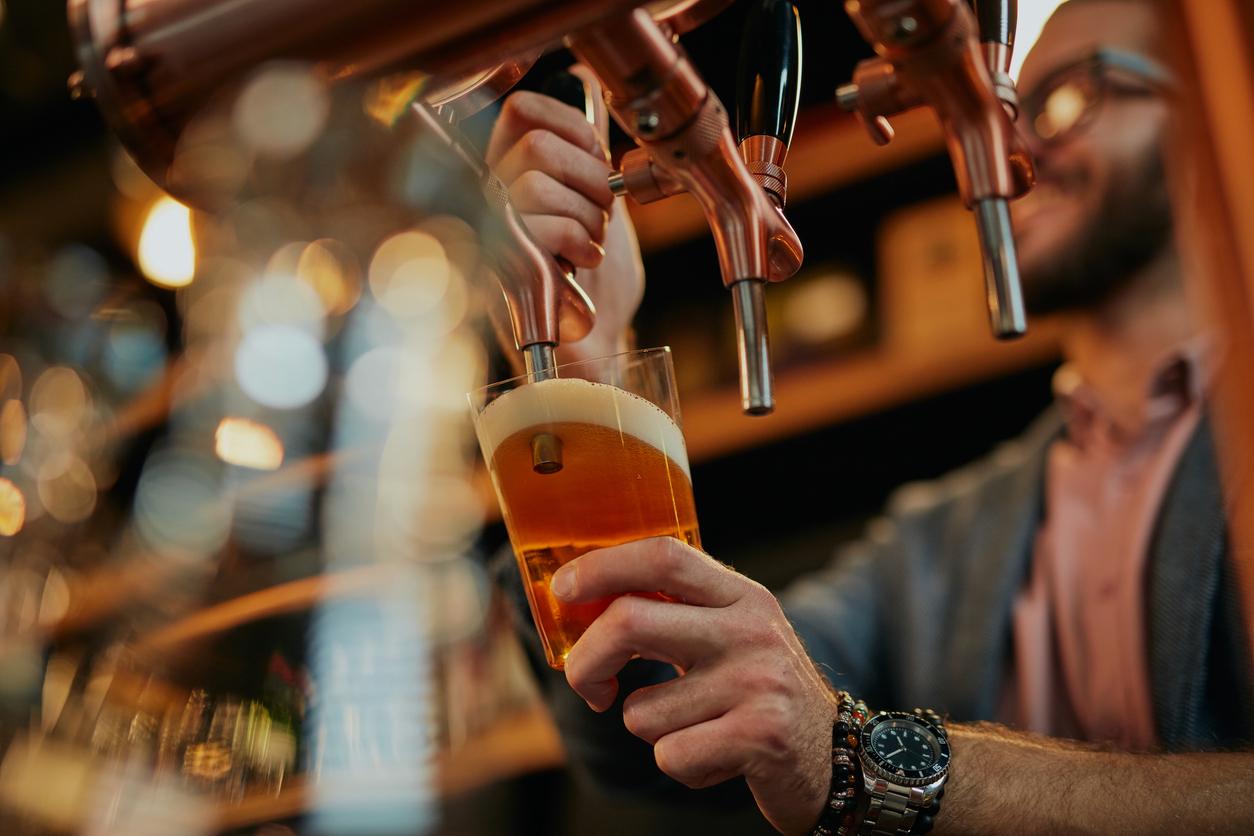A negative result … wrongly, it is not so rare with a breathalyzer. Personal devices lack precision and do not always detect blood alcohol levels, according to a British study.

Breathalyzers, not that reliable. In the middle of the holiday season, Champagne corks will jump… the points on the permit too. Indeed, according to a British study published in the BMJ Open, breathalyzers available in supermarkets and pharmacies lack precision. Out of three models tested, none reached 100% sensitivity.
26 to 95% sensitivity
A team from the University of Oxford (UK) tested three models of personal breathalysers (Dräger AlcoCheck, Alcosense Single, Alcosense Elite) on 208 adult consumers on campus. Everyone tested the different brands one minute apart, in random order. The results of the different devices were compared with those of a breathalyzer used by the police.
According to the official device, 18% of participants exceeded the legal limit (35 μg of alcohol per 100 ml of exhaled air). Breathalyzers have delivered different results. The Alcosense Single model has a particularly low sensitivity (26%). The other two models, Alcosense Elite (multi-use) and Dräger AlcoCheck, are quite reliable with a sensitivity of 90 and 95% respectively.
This is not enough, decide the authors of the study. A sensitivity of 95% means that one in 20 people will be wrongly reassured about their blood alcohol level. And the consequences of such a mistake can be dramatic. “The fact that these devices are sold in approved pharmacies, including national chains, does not guarantee sufficient precision for safe use,” the researchers recalled. They recognize a limit to their study: the models were tested 20 minutes after consumption while the manufacturers ask for a period of 30 minutes… but such evaluation conditions are closer to the reality of an alcoholic consumer.
In France also
Individual alcohol tests have already been questioned by two French organizations. 60 Million consumers (in 2010) and UFC Que Choisir (in 2013) pinpointed the lack of precision of certified models in the country. In response, the government postponed sine die the application of penalties if the motorist did not have an approved breathalyser in his vehicle.
Two markings allow these models to be identified: NF X 20 702 (chemical models) and NF 20 704 (electronic models). Among them, two models are from the Dräger brand.
But CE certification does not assess the accuracy of the device, emphasize the authors: it assesses the quality and safety of products. Not to mention that, as it is affixed by the manufacturer and presumes the quality of all products, they can also be false. The NF logo is assigned by the National Testing Laboratory (LNE) after verification of the product.
.
















